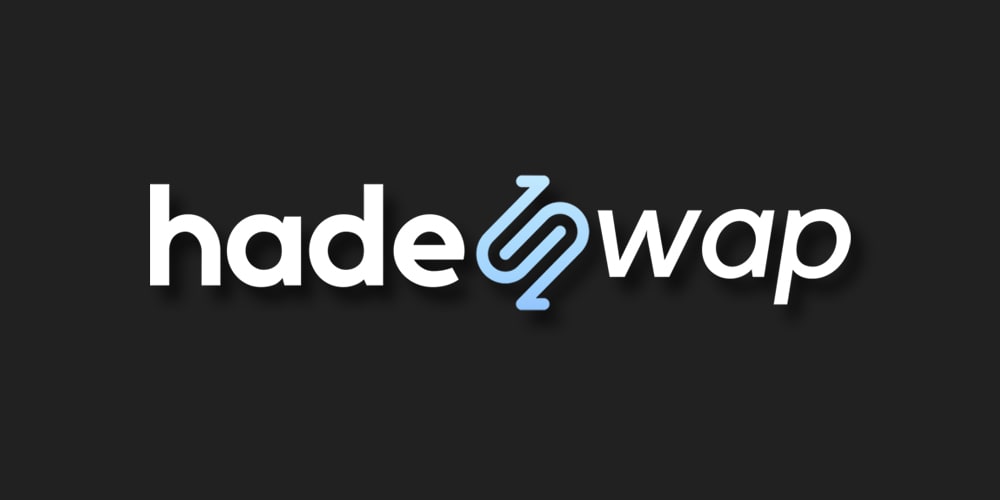Governing the Underworld
This dashboard explores Hadeswap Governance activity and its Comparison to Other Solana-based DAOs
Introduction🚨
Decentralized Autonomous Organizations (DAOs) have emerged as a popular way to manage and govern decentralized finance (DeFi) protocols. Hadeswap is one such DeFi protocol built on the Solana blockchain that uses a DAO for its governance. The Hadeswap protocol provides a decentralized exchange (DEX) for trading various tokens and liquidity pools, and its governance is managed by $HADES token holders.
This essay aims to analyze the governance structure of Hadeswap and compare it to other Solana-based DAOs. It will explore the voting power of $HADES holders, how they use their power to influence the governance process, and the impact of their decisions on the Hadeswap ecosystem.
Overall, this essay will provide a comprehensive analysis of Hadeswap's governance structure, its voting power, and its impact on the protocol's ecosystem. It will also shed light on the movement of the $HADES token and its relationship with Hadeswap's governance decisions. By comparing Hadeswap's governance structure with other Solana-based DAOs, we can gain a broader understanding of the evolving landscape of decentralized finance governance.
Method⚡
In this analysis, the primary objective was to investigate Hadeswap's governance performance over time by exploring its voting activity on proposals. To achieve this, data was extracted from the Solana.core database provided by Flipsidecrypto, specifically from the fact_proposal_votes and fact_proposal_creation tables. The dim_labels table was also used to identify relevant data.
To ensure the accuracy of the analysis, multiple angles were considered, including overall and over time charts. The analysis was focused on Hadeswap's governance and filtered using its contract address, which is HgcYAkXFT1ENpUCjBZWc1TjAAFacUwdGZRNhTHx9cuo.
Furthermore, to understand how Hadeswap's governance performance compares to other Solana-based DAOs, the analysis compared the data with other relevant DAOs.
Finally, the analysis investigated the movements of Hadeswap's native token, $Hades, and how voters' voting power (VP) related to it. To achieve this, data was filtered using the contract address for the $Hades token, which is BWXrrYFhT7bMHmNBFoQFWdsSgA3yXoAnMhDK6Fn1eSEn.
Overall, this analysis provides a comprehensive and focused investigation into Hadeswap's governance performance, comparing it to other Solana-based DAOs, and exploring the relationship between voting activity and token movements. The use of multiple data sources and filtering by contract address ensures the reliability and accuracy of the findings.
